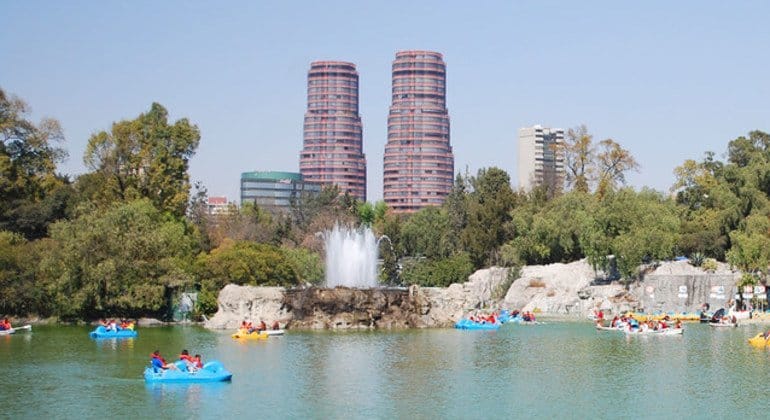Sure! Here’s the translation to American English:
Every September 7, the International Day of Clean Air for Blue Skies is celebrated, a date on which the United Nations Environment Programme (UNEP) highlights the alarming consequences of air pollution. According to reports, this issue was responsible for approximately 8.1 million premature deaths in 2021, making it the second leading cause of death globally, even surpassing tobacco.
The situation worldwide is concerning, as 99% of the global population lives in areas where air quality does not meet the standards set by the World Health Organization (WHO). Of the deaths attributed to pollution, 89% occur in low- and middle-income countries, where the most vulnerable communities face the greatest exposure and have fewer protective measures.
The UN calls for action, urging governments and civil society to join the Race for Clean Air. In this context, Latin America and the Caribbean have initiated various initiatives alongside UNEP and in collaboration with the Pan American Health Organization (PAHO). These measures range from regional cooperation to the development of specific air quality legislation, achieving significant progress in several countries.
In Mexico, the “Hoy no circula” program, active since 1989, has helped reduce traffic congestion and improve air quality in Mexico City, one of the most polluted cities in the world during the 1990s. Strict emissions inspections, along with the promotion of public transportation, have yielded positive results in reducing emissions and improving the health of its residents.
Colombia, for its part, is combining sporting events with actions to combat pollution. The Medellín Marathon, celebrated in the context of the International Day of Clean Air, has been one such initiative. Thanks to investments in electric transportation and environmental regulations, the city has managed to decrease its pollution by nearly 40% and reduce local temperatures by over 2°C in recent years.
Despite the advancements, challenges remain significant. However, the policies implemented and the growing public interest in air quality offer tangible hope for a healthier and more sustainable future for all.
Referrer: MiMub in Spanish










